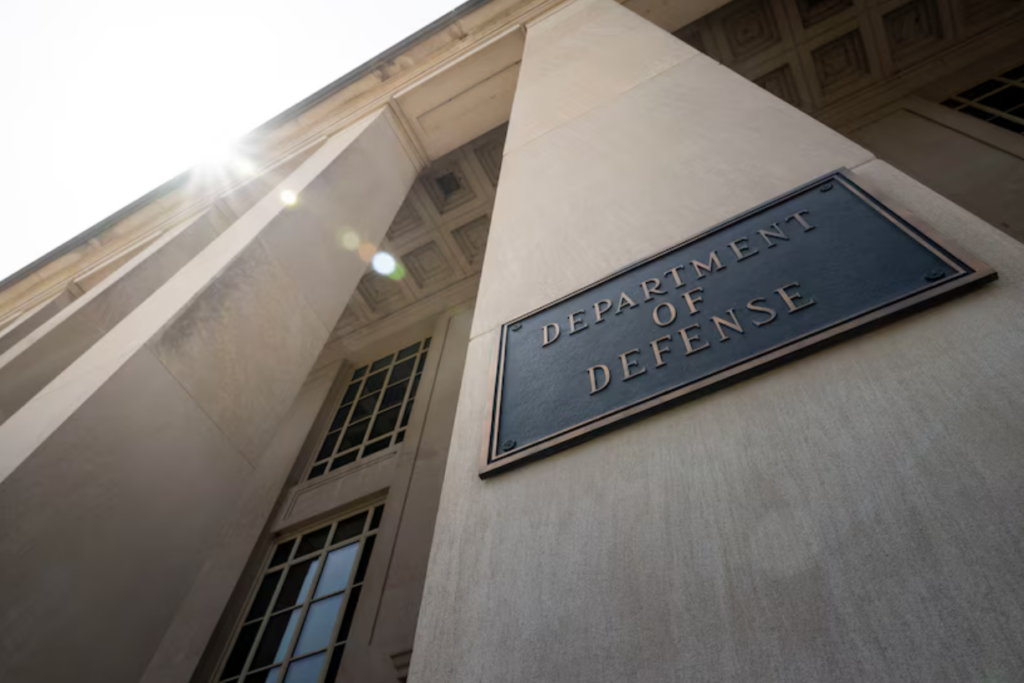US Plans Record $1.01 Trillion Defense Budget for FY2026
At the end of last month the White House unveiled a historic $1.01 trillion Fiscal Year 2026 defense budget request on June 26. This figure represents an approximately 13% increase from previous levels and is significantly larger than in past years. The proposal includes about $893 billion in base Pentagon funding, unchanged from FY25, plus an additional $119 billion from Congress’s pending budget reconciliation bill. Trump and Defense Secretary Pete Hegseth state that the funds will be used to improve ships, munitions, troop pay raises, and new weapons to counter threats from China and Russia.

The Pentagon’s budget request breaks down into approximately $197.4 billion for the Army, $292.2 billion for the Navy, and $301.1 billion for the Air Force, with roughly $40 billion of the Air Force’s total allocated to the Space Force (about a 30% increase from FY25). An extra roughly $171 billion is designated as “defense-wide” to support joint and other agency programs. Troop pay and benefits would see a 3.8% increase, and funding for quality-of-life projects, such as $5.1 billion for housing, is included. Procurement priorities involve dozens of new ships and submarines, including 19 new Navy vessels, as well as numerous combat aircraft and missiles. Nuclear forces also get a windfall (around $60B) for new missiles, bombers, and submarines.
Senate Armed Services Chairman Roger Wicker (R‑Miss.) warned that the plan would limit President Trump’s military options by not truly increasing regular defense spending. Some Republicans, like Rep. Jen Kiggans (R‑Va.), expressed concern over the scale, noting that “$1 trillion” is “a lot,” praising the focus on ships but acknowledging pushback even within their own party. On the other side of the isle, Democrats have generally supported higher defense spending but may seek offsets and more details on how the funds align with strategy and allied aid. Congress is debating these issues within a must-pass spending bill. GOP leaders have outlined a bill under budget reconciliation rules to provide an additional $150 billion for defense and homeland security, funding required to reach the $1 trillion target. As a result, the final budget will depend on difficult negotiations.

